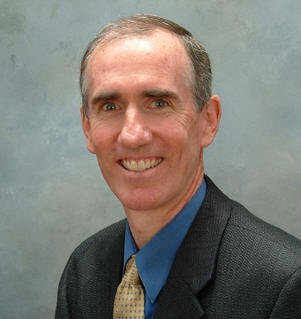System Maintenance occurs every Friday.
Semiconductor and integrated circuit developments continue to proceed at an incredible pace. For example, today’s mixed-signal chips perform a wide range of applications unheard of a few years ago, including wireless applications, high speed communications, and signal processing. These challenges have been accomplished because of the integrated circuit industry’s ability to track something known as Moore’s Law. A corollary to Moore’s Law is that frequencies on mixed-signal devices continue to rise. This has been accomplished by making devices smaller and smaller. The question looming in everyone’s mind is “How far into the future can this continue?” CMOS, BiCMOS, and Bipolar Process Integration is a 3-day course that offers detailed instruction on the physics behind the operation of a modern mixed-signal integrated circuit, and the processing technologies required to make them. We place special emphasis on current issues related to designing and manufacturing the next generation devices. This course is a must for every manager, engineer and technician working in the semiconductor industry, using semiconductor components or supplying tools to the industry.
By focusing on the fundamentals of transistor operation and performance, participants will learn why advances in the industry are occurring along certain lines and not others. Our instructors work hard to explain how semiconductor devices work without delving too heavily into the complex physics and mathematical expressions that normally accompany this discipline.
$1,695
Add To Shopping Cart
Please note: If you or your company plan to pay by wire transfer, you will be charged a wire transfer fee of USD 45.00.
Please email the printable registration form for public courses to us at the email address on the form to complete your order.
If you have any questions concerning this course, please contact us at info@semitracks.com.
If a course is canceled, refunds are limited to course registration fees. Registration within 21 days of the course is subject to $100 surcharge.
Participants learn basic but powerful aspects about the semiconductor industry. This skill-building series is divided into three segments:
By using a combination of instruction by lecture, classroom exercises, and question/answer sessions, participants will learn practical information on semiconductor devices and the operation of this industry. From the very first moments of the seminar until the last sentence of the training, the driving instructional factor is application. We use instructors who are internationally recognized experts in their fields that have years of experience (both current and relevant) in this field. The handbook offers hundreds of pages of additional reference material the participants can use back at their daily activities.

Christopher Henderson received his B.S. in Physics from the New Mexico Institute of Mining and Technology and his M.S.E.E. from the University of New Mexico. Chris is the President and one of the founders of Semitracks Inc., a United States-based company that provides education and semiconductor training to the electronics industry.
From 1988 to 2004, Chris worked at Sandia National Laboratories, where he was a Principal Member of Technical Staff in the Failure Analysis Department and Microsystems Partnerships Department. His job responsibilities have included failure and yield analysis of components fabricated at Sandia's Microelectronics Development Laboratory, research into the electrical behavior of defects, and consulting on microelectronics issues for the DoD. He has published over 20 papers at various conferences in semiconductor processing, reliability, failure analysis, and test. He has received two R&D 100 awards and two best paper awards. Prior to working at Sandia, Chris worked for Honeywell, BF Goodrich Aerospace, and Intel. Chris is a member of IEEE and EDFAS (the Electron Device Failure Analysis Society).
At Semitracks, Chris teaches courses on failure and yield analysis, semiconductor reliability, and other aspects of semiconductor technology.